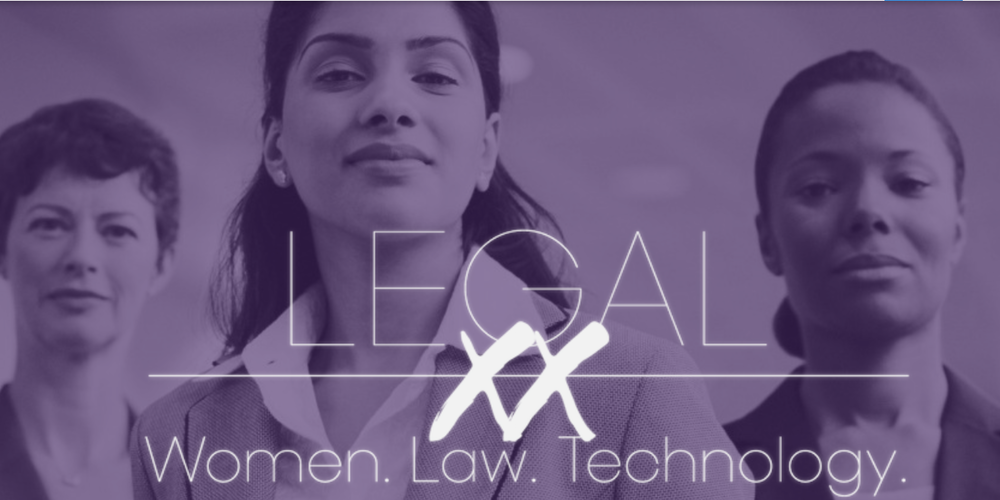Women lawyers in legal tech careers say: Don't feel you must go it alone

Mentor and find mentors. Build a team that can speak for you and support that can reassure you. And don't let your fears tell you you are an imposter.
Such was the advice given in the Wednesday-morning session of Legal XX, an all-day symposium at Chicago-Kent College of Law presented by women lawyers involved in legal technology for women in or considering careers involving technology. A set of quick, Ignite-style presentations by private attorneys, in-house counsel to tech firms, legal educators, innovation professionals and providers of access-to-justice services, the program was set to draw attendees in town for ABA Techshow 2018, which opened Wednesday evening.
Diversity was the key word in the sessions, which ended with workshops in the afternoon, and concern for inclusion was high. Moderator Sarah Glassmeyer, project specialist for the ABA Center for Innovation, welcomed the men in the audience and apologized for a “mistake” in the program’s name—that not all women have the XX chromosome.
Much of the advice provided by the nine speakers was similar to what would be given to women entering any traditionally male-dominated workplace. Being willing to speak up, to self-promote and to participate were running themes. Kelly Marsh, product owner and consultant at LexPredict, a legal analytics and data science firm, gave advice on avoiding the imposter syndrome, in which a person can’t internalize her own accomplishments and feels she’ll be exposed as a fraud. Invoking a typical male co-worker she named Sam, Marsh said: “You don’t have to think like Sam. You don’t have to play that game.”
Building a team, sharing knowledge and changing culture were also high on speakers’ lists. Megan Mathias, an attorney at Stahl Cowen Crowley Addis in Chicago, advised lawyers to create the culture they wanted by naming core values; creating strategy that matches the culture; aligning team members, including leaders and those who have influence within the workplace; and defining metrics to measure the impact of the policy changes you seek.
The brief question period at session’s end brought out advice on how to deal with pushback when a woman speaks up. Building a team of support, finding commonality even with people who might oppose you, picking a spokesperson (perhaps a man) who can make your point so that you can support him (and your point), and having a support network—a shoulder to cry on—when that pushback comes hard were recommended. And for men who want to support diversity, panelists suggested double-checking every decision for implicit bias, checking all possible sources of diversity, believing the experiences of those not like you and inviting the opinions of those who may have sat quietly during a discussion.
Robert R. Furnier, director of the W. Bruce Lunsford Academy for Law, Business + Technology at the Northern Kentucky University Chase College of Law, asked attendees to suggest more ideas during the afternoon to help Legal XX become a continuing program.



